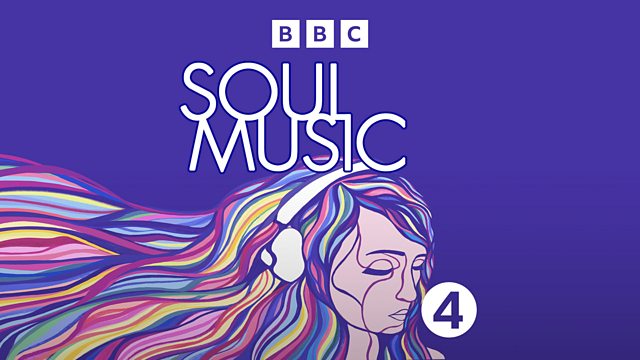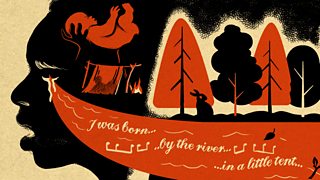Pata Pata
Miriam Makeba's 1967 hit made her a star and helped raise awareness of the apartheid in South Africa. People from around the world share stories about what it means to them.
Miriam Makeba recorded 'Pata Pata' in 1967 with the help of American producer Jerry Ragovoy. It became a huge hit and Miriam Makeba used newfound fame to speak the injustices of apartheid. Her records were banned and South Africa and she was forced to live in exile. Here, people from around the world share their stories about what this iconic track means to them.
Actor John Kani grew up in Johannesburg remembers dancing to the song when it came on the radio and says that Miriam Makeba became an inspiration for how art could bring about change. He would meet her years later after a concert in New York, and again in Johannesburg after apartheid ended.
Author of 'Makeba: the Miriam Makeba Story', Nomsa Mwamuka, charts the history of 'Pata Pata' and why Makeba would come to see it as "frivilous".
Buks van Heerden is a pace-runner who has completed over 800 marathons. He plays 'Pata Pata' late in the race when the runners he's pacing are getting tired and says it always lifts the mood.
Angelique Kidjo says Miriam Makeba was the first African woman on the cover of an album. Hearing 'Pata Pata' inspired her to perform, and later in life she and Makeba became friends.
Dr. Niyi Coker devised 'Mama Africa: The Musical' in Cape Town when he realised that a younger generation of South Africans weren't aware of Miriam Makeba of her work. 'Pata Pata' would see two generations of 'Miriam' singing together and it would bring the house down.
Produced for Βι¶ΉΤΌΕΔ Audio Bristol by Toby Field
Technical Producer: Ilse Lademann
Editor: Emma Harding
With thanks to Rita Ray, Dr. Niyi Coker, and Moses Molapisane at the Βι¶ΉΤΌΕΔ bureau in Johannesburg.
Last on
More episodes
Previous
Next
Broadcast
- Sat 28 Oct 2023 10:30Βι¶ΉΤΌΕΔ Radio 4
Why Sam Cooke's 'A Change Is Gonna Come' became a Civil Rights anthem
Podcast
-
![]()
Soul Music
Series about pieces of music with a powerful emotional impact



